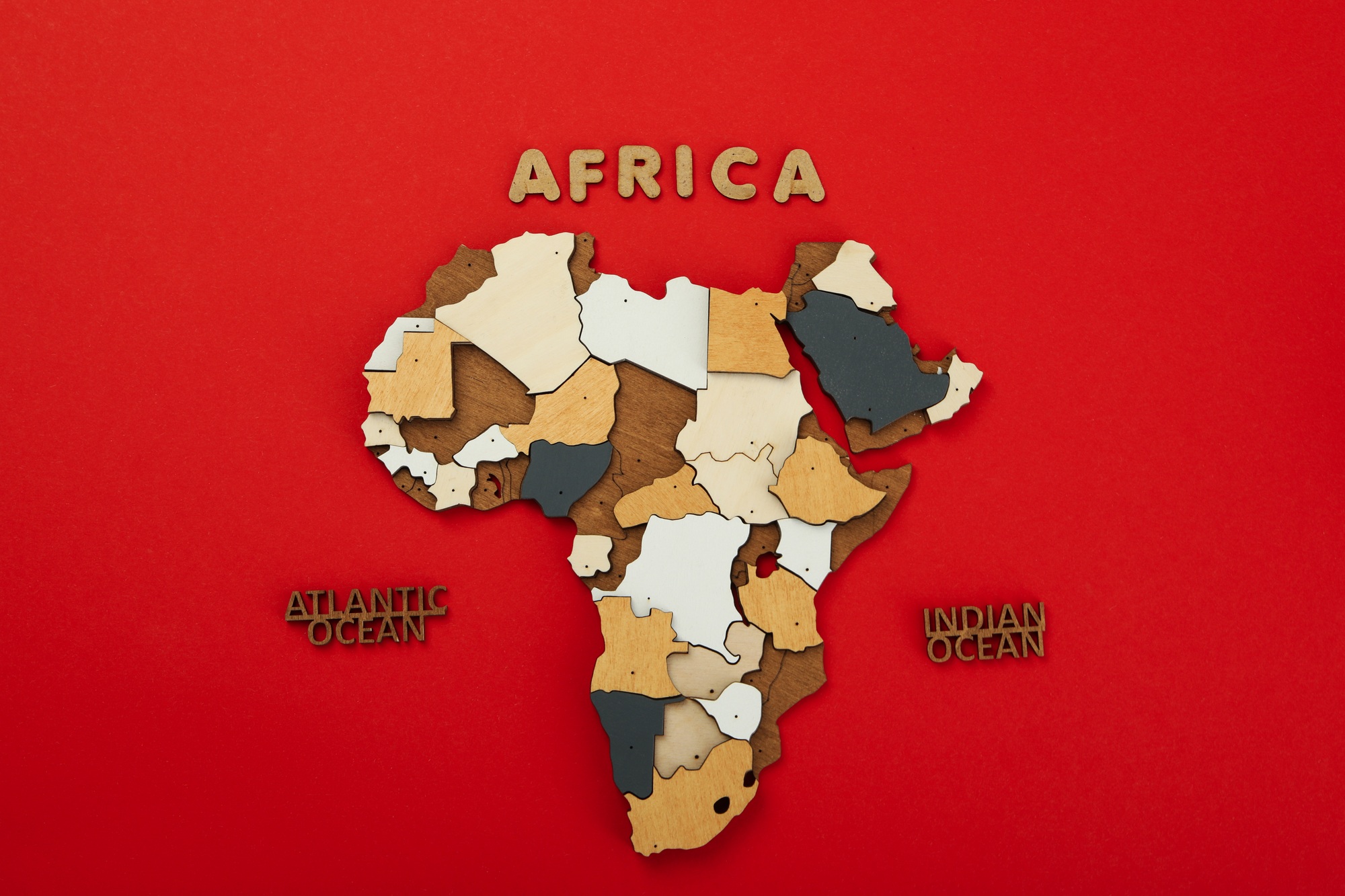

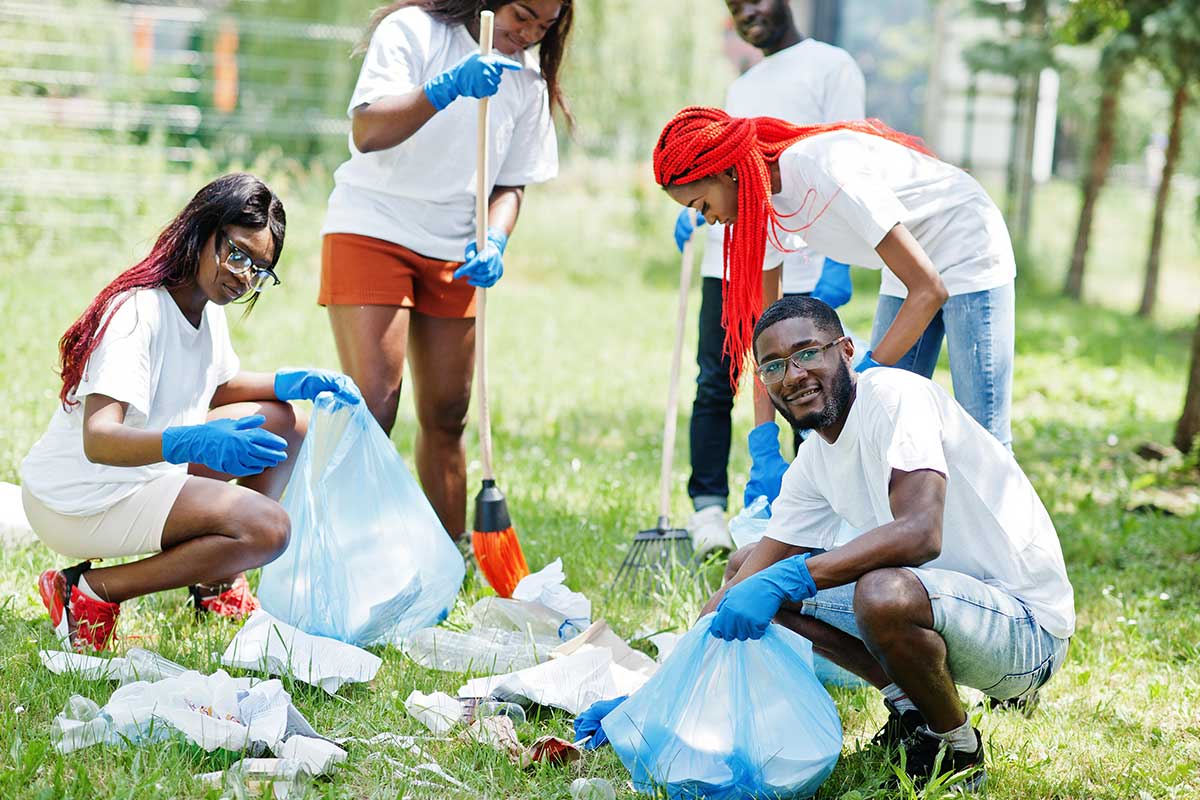
Eswatini is more than hills and ceremony, it is children living with loss, illness, and stigma while reaching for belonging. From Mbabane to the homesteads of Shiselweni and Lubombo, their voices ask for safety and love, and we are here to answer.

Over 45% of Eswatini’s children have lost one or both parents, mostly due to HIV/AIDS. Many live with elderly relatives or head households themselves, often without consistent emotional or financial support.

Children affected by grief, trauma, or abuse rarely receive counseling. Cultural taboos often prevent children from speaking about mental health or sexual violence, leaving many to suffer in silence.

While primary education is technically free, costs for uniforms, transportation, and food keep many rural children out of school. Classrooms are overcrowded, and children with disabilities are often excluded altogether.
Family style homes replace fear with routine; caregivers provide stability that lets children breathe, learn, and dream without flinching. Schools and training centers build skills that translate to real work; tutors and mentors close gaps left by grief and poverty. Community teams prevent family breakdown where possible, helping relatives keep children with them through support that respects culture and need. The approach is simple and profound: safety first, then school, then purpose. Over time, attendance rises, grades improve, and small joys return to the day. A child who once counted losses begins to count wins. The village model reminds a country that healing is not an idea, it is a place, a table, a voice that says welcome and means it.
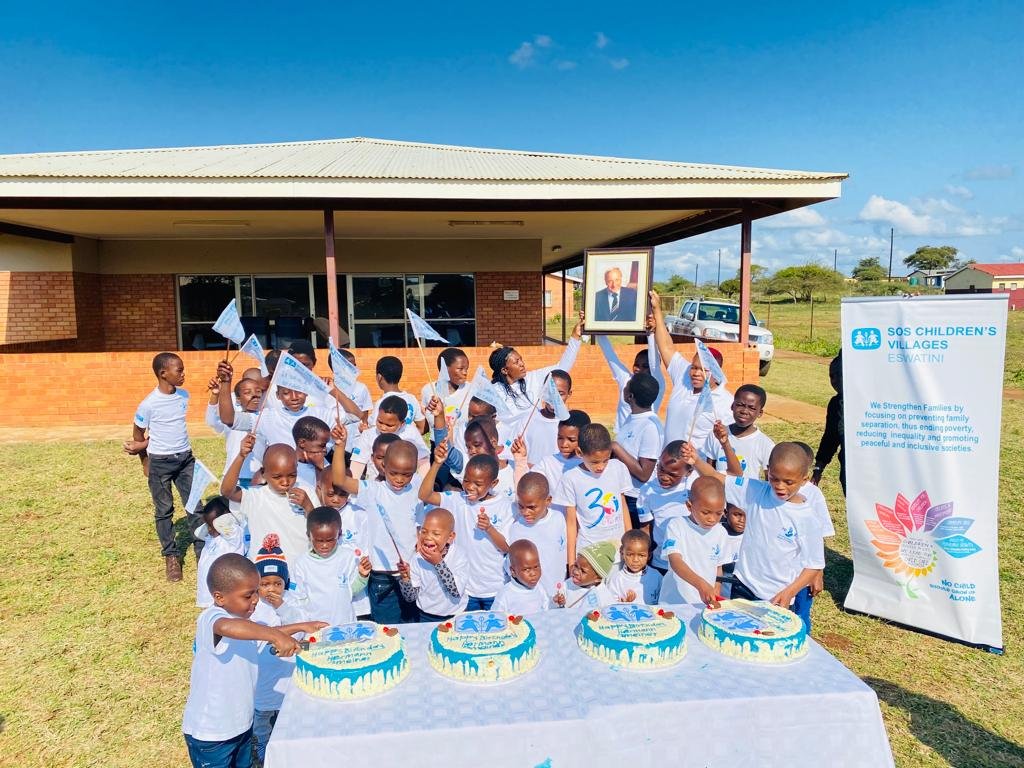
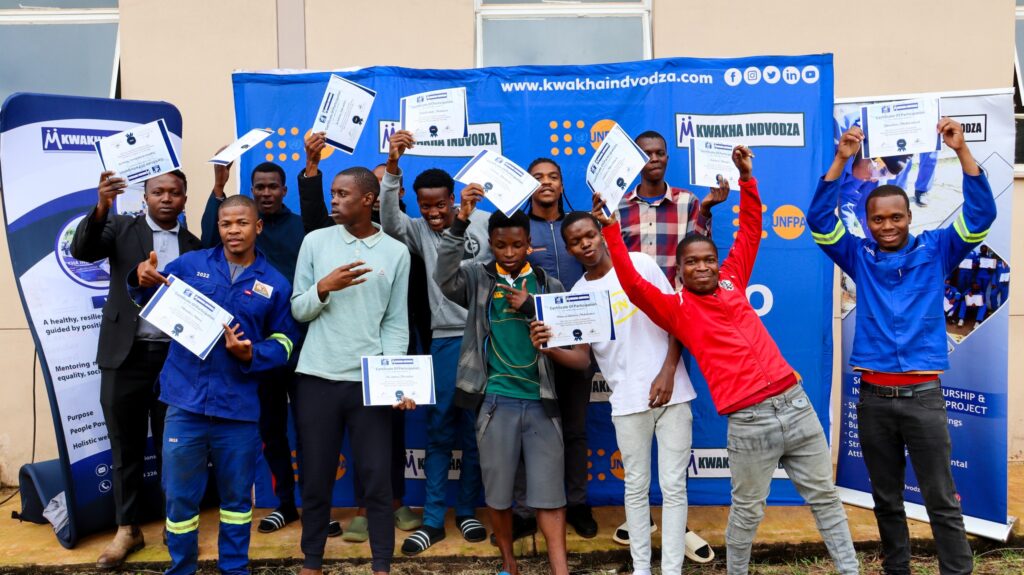
Teachers and social workers built spaces where feelings are not a secret, where group circles and one to one sessions let children name what happened and plan what comes next. Older youth mentor younger peers; storytelling, games, and guided reflection teach coping without shame. Counselors visit schools and neighborhoods; quiet check ins prevent crises; parents learn how to listen and respond. The project treats vulnerability as strength in motion; it meets silence with patient questions; it honors progress that is small and steady. Children begin to sleep, to focus, to show up for class; friendships mend; confidence grows. The work is tender and disciplined, and it teaches everyone involved that mental health is part of learning, part of life, part of rebuilding community.
Saturdays filled with games, songs, and warm meals became lifelines for children carrying grief; tutors set up reading corners, elders told stories, and shy voices began to rise. Attendance held because the welcome was real; leadership rotated so responsibility was shared; small goals turned into visible gains. Nutrition eased headaches and hunger; learning felt possible again; friendships formed that lasted beyond the club hours. Grandparents and neighbors cooked, cleaned, and kept watch, turning a program into a community habit. The clubs did not solve every problem, but they created a place where joy could return and where children could practice being children. That practice is powerful, and it changes how a week feels.
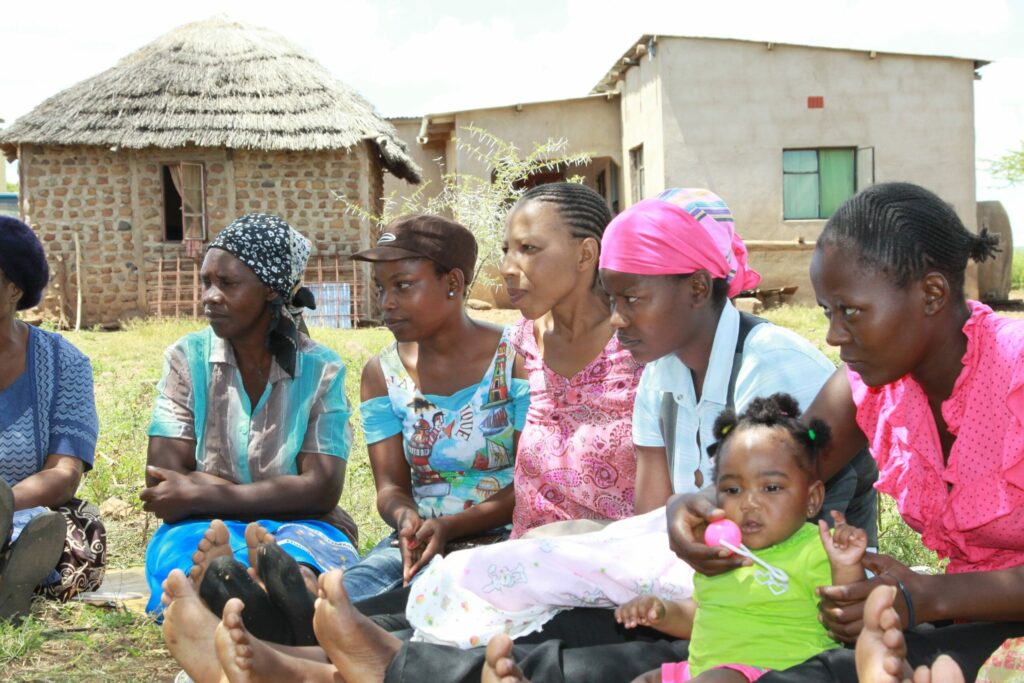
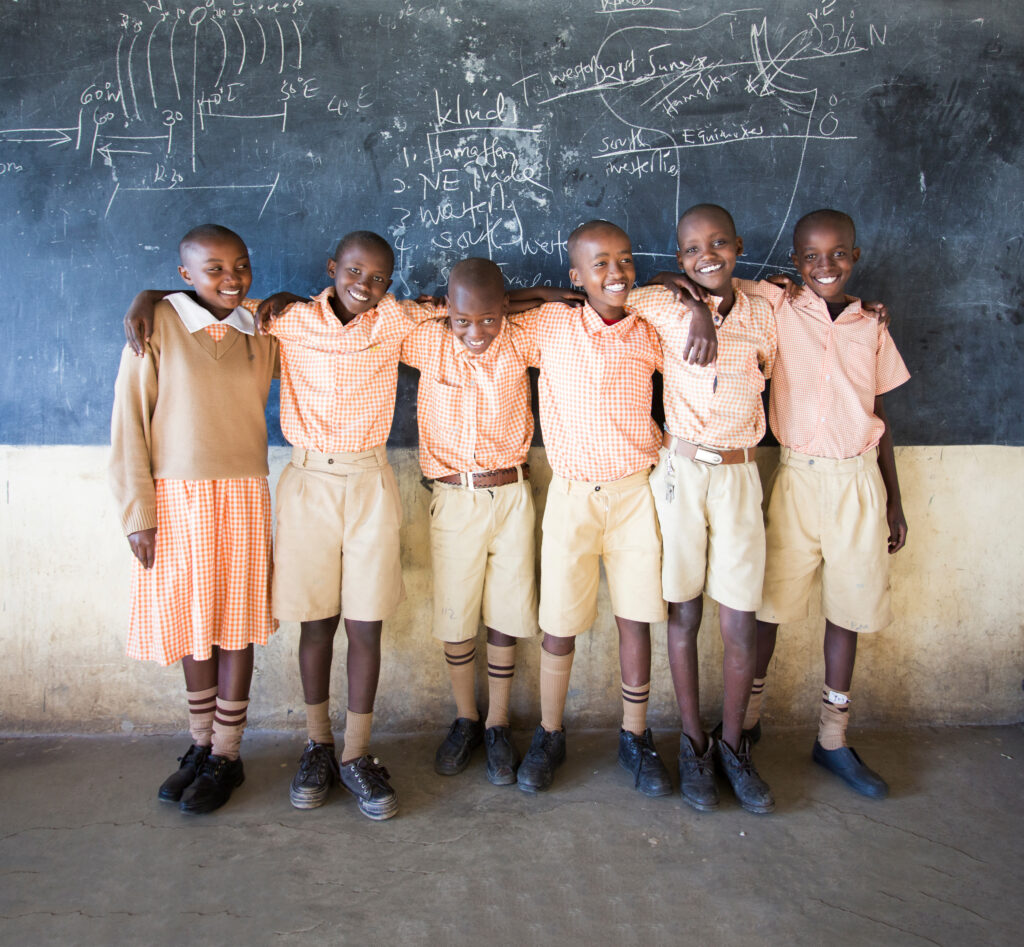
Survivors, students, and artists filled public spaces with poetry, murals, and conversations that refused to look away; counselors offered private sessions nearby so courage had a place to land. Workshops taught simple tools for support at home and in school; speakers named harm and modeled healing; the city listened. Media coverage widened the message; teachers carried it back to classrooms; parents carried it back to dinner tables. The campaign made protection a shared task rather than a whispered wish. It began with a single gathering and grew into ongoing dialogue that treats children’s safety as common ground. Silence lost its grip, and a new standard took root.
Partners with health ministries to strengthen HIV programs, disease prevention, and medical training.
Supports orphans and HIV-affected families with healthcare, food, and life planning.
Offers inclusive, international education with a focus on leadership, equity, and global citizenship.
Coordinates national civil society efforts in health, gender, and human rights.